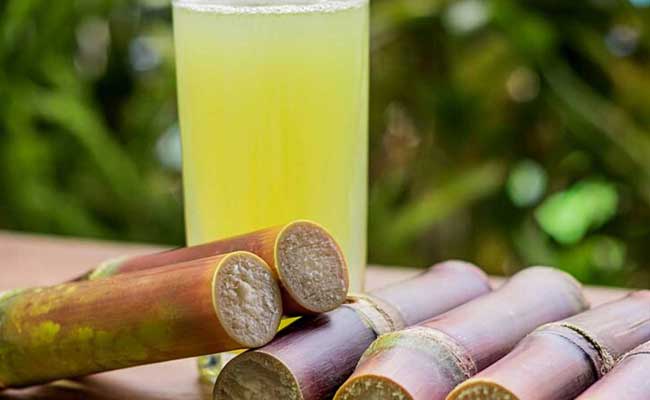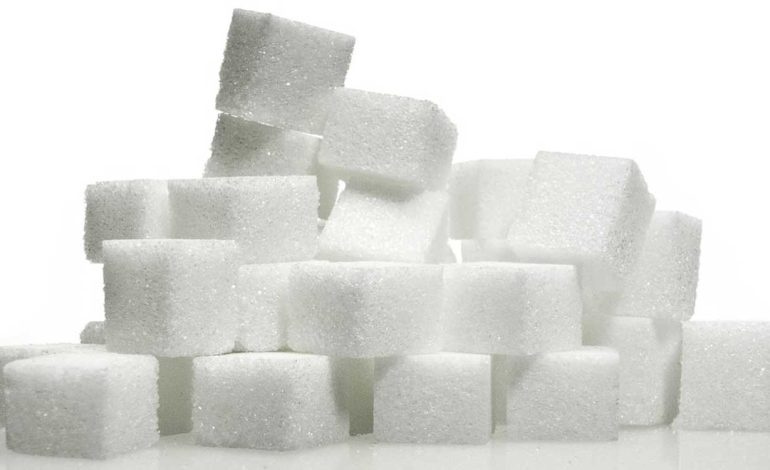Etymologically, the word “sugar” has its roots in the word “arquera,” which means “sand “in Sanskrit, one of the first known languages. This term has transformed into the word sugar in all Indo-European languages: sacquerons in Greek; in Latin, saccharin; sugar in English; in German, zucker; zucchero in Italian; in Arabic, sukkar; and azucar in Spanish.

Sugarcane was first introduced to Mauritius by the Dutch and cultivated by the French and British, as the tropical climate was perfect for growing sugar cane. Historians report that the cultivation of sugar cane was the main reason for the introduction of slaves to Mauritius. The intercontinental commercial movement that was the sugar trade played a part in the early stages of globalisation, giving rise to the infamous “triangular trade” that involved the exchange of goods for slaves in Africa, who were then sold in other markets across the Atlantic.
The history of sugar was also marked by inventions and technical developments, thanks in part to the battle between cane sugar and beet sugar that resulted from the British blockade of cane sugar in France during the Napoleonic Wars. As a result, Napoleon opened schools specifically for the purpose of studying the sugar beet plant and ordered that 28,000 hectares (69,000 acres) be devoted to growing it. Ultimately, this move was responsible for sugar beets being the main source of sugar in continental Europe today.
Today, what was once a precious commodity is now omnipresent in diets worldwide, and in 2017, global sugar consumption was more than 171 million metric tonnes; an increase of 17 million metric tonnes since 2009 alone.


